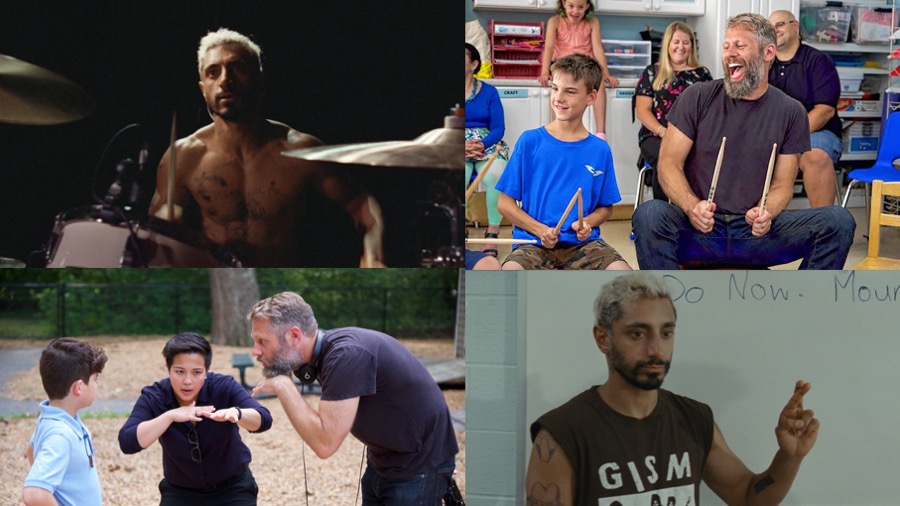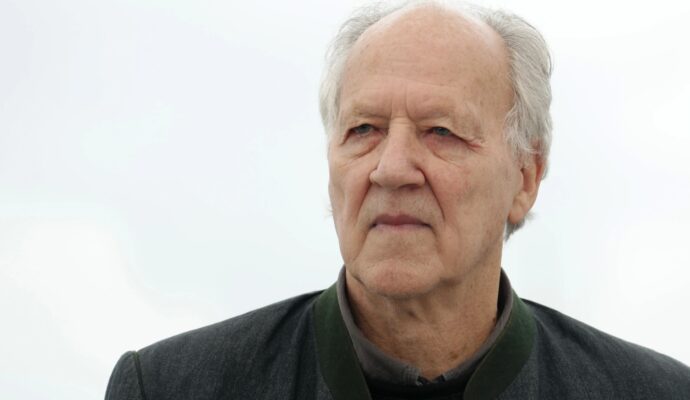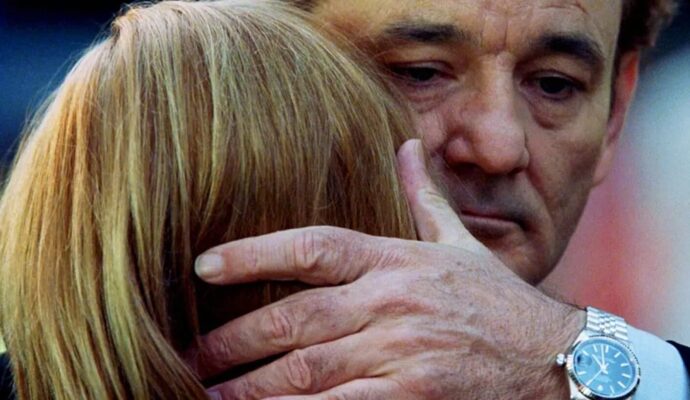“Sound of Metal”, a film about a heavy metal drummer who loses his hearing, is one of the most affecting movies of 2020, and Riz Ahmed delivers an Oscar-worthy performance. Well, Riz and director/co-writer Darius Marder graciously hosted a Zoom call, and our critic Jeff Mitchell (ArtHouseFilmWire and Phoenix Film Festival), along with other media outlets, joined them for an engaging, insightful discussion. These talented men spoke about their experiences with the deaf community, audiences’ positive feedback, the meaning behind the film’s title, and more.
“Sound of Metal” – starring Riz, Olivia Cooke, and Paul Raci – is available to stream on Amazon Prime.
Q: What was your experience with the deaf community before you read this script
RA: It was very limited. I think that’s true of most people in the hearing community. One of the crazy things that struck me in the middle of shooting is how insanely segregated the deaf and hearing communities are. The hearing (communities) have the privilege and power to change that but don’t. It comes at a great cost to all the deaf people out there, but also to us because making this film connected me to some of the most profoundly insightful, communicative, present, and forceful performers (that) I’ve ever met.
I think the deaf community taught me the meaning of the word, listening. Listening isn’t something that you just do with your ears. It’s about being present.
Q: In gaining more insight into the deaf community, what experiences did you most appreciate?
DM: I had so many of them. There was one man who auditioned. He had a very deep intensity about him and was raised by deaf and blind parents, so they had never seen or heard him. He was deaf and also losing his sight, (and it was) so powerful to see the sensitivity of the deaf community around him.
So many of us – and (I point to) my experience living in New York – are all moving in our directions. We don’t look over here or over there, (but) everyone (on-set) was always looking. (The deaf actors) would go up to this man and sign on his hand. The nuance of just that – this incredibly intimate physicality and (their) awareness to move towards him – was so moving and so eye-opening because it’s something (we) just don’t do in the hearing culture.
Q: Riz, since you were so immersed in playing Ruben, did you ever dream that you were deaf during the shoot?
RA: I can’t remember my dreams during that shoot, but I can remember having many sleepless nights. During that first week, I hardly got any sleep at all. In terms of simulating experiences of deafness, we did use auditory blockers. We had hearing aids that were fit to a white noise setting and placed quite deep into my ear canal(s). When they were in for the day’s shoot, Darius and I would communicate on pieces of paper.
(The blockers) cut you off from other people’s voices but also (from) the sound of your own voice. That can be very disorienting, (the) feeling of being in freefall and shouting into the void. For the sections in the film when Ruben thinks of deafness as a loss, as a lack, we used those auditory blockers. For the sections when Ruben realizes that deafness isn’t a disability, it’s a culture, it’s a way of being, we didn’t use those auditory blockers.
Q: I’d like to learn more about Ruben’s tattoos. What was the creative process behind the design and selection of them? How involved were you in this process?
RA: The tattoos (were) groomed from a number of different places, some of them from our imagination, some of them from the limitations placed on us due to time. It wasn’t a case of, “Ok, let’s cover him with a load of tattoos, and they can be anything.” (We) really picked out certain tattoos and put them in certain places for certain reasons, and (worked) out the story behind them as well. That’s something that came from both Darius and (me).
I was also inspired by Sean Powell. Sean is a drummer from the band Surfbort, and he’s a spirit animal for Ruben. Sean has a background with addiction. He’s also a tremendous drummer and in a band with his girlfriend. I met up with him a couple of times a week. He shared stories behind his tattoos, and he’s covered in ink. A couple of (Ruben’s tattoos) are homages to Sean. Others are references to punk culture.
(Ruben’s) relationship to his tattoos is interesting. I think it’s (his) attempt to define and take ownership and control of his identity, as someone, perhaps, who doesn’t have a solid family background. He has a deliberately ambiguous appearance (with) blonde hair but brown skin and a name that you can’t quite place and no solid place for himself. His tattoos (say) “This is me.”
Q: Talk about the positive feedback that the movie’s received.
DM: The most incredible thing is people (from the deaf community come up and say that the movie) has made them feel seen for the first time. (It’s) truly surprising. As much as you want your film to register like that, you never really know. I have a hard time talking about it without feeling that I’m going to cry, because it’s so powerful. It’s so powerful to hear that, and it makes me so proud (of) the people who poured their lifeblood into this movie.
RA: Yea, exactly the same. I saw a video of a young girl on TikTok that a friend of a friend sent to me the other day, a young deaf girl talking about her experience. She felt that her experience was being portrayed and validated and seen and understood, and she was coming into tears as she was speaking about it. Seeing messages like that feels really gratifying.
Q: Darius, why did you chose the title “Sound of Metal”?
DM: This title has a lot of depth to it. I like that the title is a misdirect. I recognize that (the film) probably turns off some people because they think it’s about metal music. I like that you come into this movie with a preconceived notion and that it defies that notion because it’s asking you to question identity right from the start.
What we hear in the very first part of this movie – before we see (anything) – is this sound. That sound of metal – of the actual music – is the sound that Ruben is looking to get back to (during) the movie. This concept of (reclaiming) something, something that we think we want to reclaim, something visceral that we experienced.
Also, “Sound of Metal” was derived to be a caption. That’s why it’s not called “The Sound of Metal”. “Sound of Metal” is a caption…in and of itself.
Jeff Mitchell – a member of the Phoenix Critics Circle – has penned film reviews since 2008, graduated from ASU’s Walter Cronkite School of Journalism, and is a certified Rotten Tomatoes critic. Follow Jeff, Phoenix Film Festival, and ArtHouseFilmWire on Twitter @MitchFilmCritic, @PhoenixFilmFest, and @ArtHouseFilmWre, respectively.
Image and Trailer credits: Amazon studios




